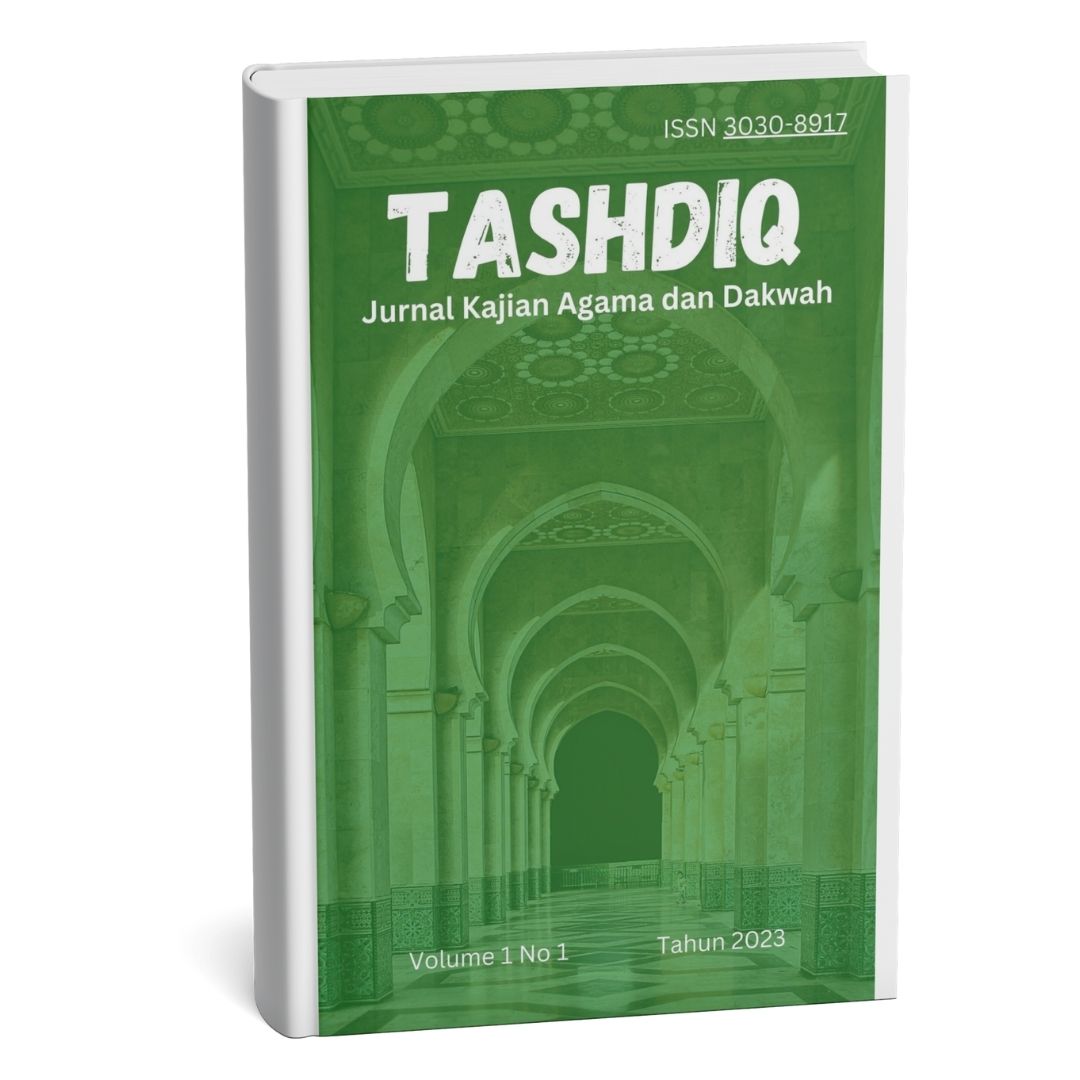REVIVING ECOLOGICAL ETHICS IN ISLAM: TAWHID, KHALIFAH, AND MIZAN PRINCIPLES MENGHIDUPKAN ETIKA EKOLOGIS DALAM ISLAM: PRINSIP TAUHID, KHALIFAH, DAN MIZAN
Main Article Content
Abstract
The increasing complexity of the global environmental crisis demands interdisciplinary approaches, including contributions from religious perspectives. Islam, as a comprehensive religion (shāmil), offers a strong theological and moral framework to address contemporary ecological issues. This article aims to explore the concepts of tawhid (Divine Unity) and human vicegerency (khalīfah) as foundational elements of Islamic ecological theology. Employing a qualitative-descriptive method through literature review, this study highlights the interconnection between divine values, ethical responsibility, and environmental preservation practices. Tawhid functions not merely as a theological belief but as a principle that guides ecological consciousness and moral behavior. Furthermore, the Islamic notions of balance (mīzān) and the ethical boundaries of halal and haram in the utilization of natural resources reinforce a faith-based environmental ethic. The study concludes that environmental stewardship in Islam is an integral part of servitude to God. Strengthening Islamic ecological theology is therefore essential in cultivating moral awareness and sustainable environmental responsibility.
